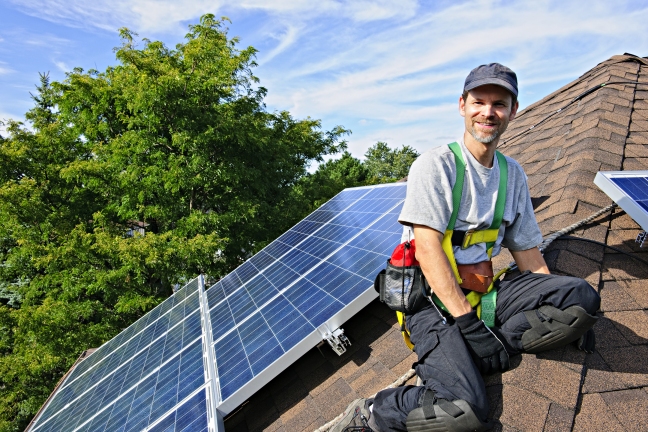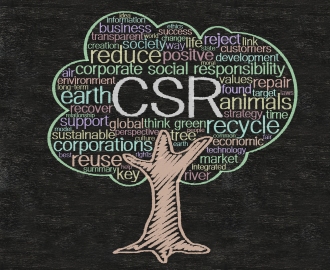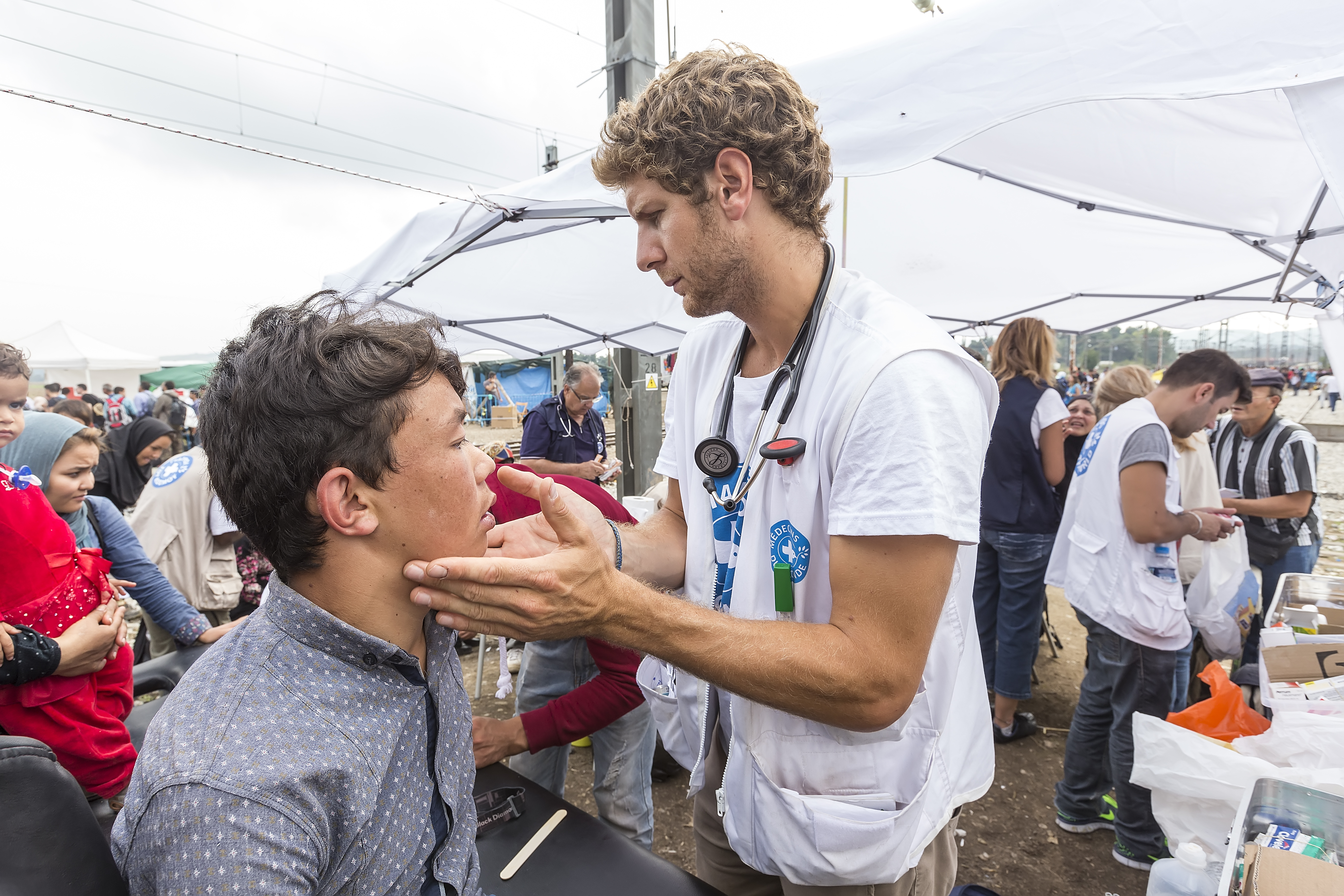by Stu Dalheim

Perhaps no environmental challenge calls for more urgent action than climate change. If we are to avoid dangerous climate change, science tells us we must dramatically reduce greenhouse gas emissions during the next decades.
Of course, Pope Francis addresses this topic directly in his 2015 encyclical, Laudato Si’:
“Climate change is a global problem with grave implications: environmental, social, economic, political and for the distribution of goods. It represents one of the principal challenges facing humanity in our day” (Laudato Si’, 25).
I work in the investment industry and know many people who have welcomed Pope Francis’s clear and forceful call for changes in the way we live as a global community and produce and consume goods in order to slow and very quickly reverse the widespread harm to the environment.
We have seen that the goal of maximizing short-term profits far too often has driven business and investment decisions, with little attention to long-term sustainability or impacts to communities, employees, and the environment.
During my time in the field, however, I have seen a change in how business and investors think about their relationships with the people whose lives they touch and the natural environment.
Take climate change: increasingly business and investors recognize that climate change represents a risk to their own firms and to the global economy. However, they also understand it as a huge opportunity. Growth in renewable energy and energy efficiency is stimulating investment, driving innovation and creating hundreds of thousands of jobs, while also curbing the threat of global warming and reducing harmful air pollution.
 As the risks and opportunities that climate change represents come into sharper focus, market participants have begun to develop products, change processes, and make commitments to reduce greenhouse gas emissions and invest in renewable energy. An inspiring example is the business coalition RE100, made up of large companies that have “committed to 100% renewable electricity, working to massively increase demand for—and delivery of—renewable energy.”
As the risks and opportunities that climate change represents come into sharper focus, market participants have begun to develop products, change processes, and make commitments to reduce greenhouse gas emissions and invest in renewable energy. An inspiring example is the business coalition RE100, made up of large companies that have “committed to 100% renewable electricity, working to massively increase demand for—and delivery of—renewable energy.”
It is critical that members of the private sector also have become more willing to make their views public. Since November 2016, more than 1,000 businesses (including major global brands) and investors have signed the Business Backs Low-Carbon USA statement calling on the Trump administration and the new Congress to maintain and strengthen policies that drive clean energy development and arrest climate change.
The Natural Capital Coalition, made up of representatives from a diverse set of fields—including conservation, research, science, accounting, finance, corporate responsibility, and civil society—has come together to facilitate a “vision of a world where business conserves and enhances natural capital.”
The group seeks to help business understand the value of natural capital, including plants, animals, air, water, soils, and minerals, in part by underscoring the benefits that natural capital provides: clean air and water, nutritious food, renewable energy, shelter, medicine, and the raw materials for sustainably designing, producing, and distributing products on which the economy and business depend.
However, one can address a central theme of Laudato Si’ by asking whether these corporate and investor environmental initiatives simply make us feel better without driving the true change we need. Are we simply reducing the harm, while not addressing the underlying problem of an economic system that treats people and the environment simply as exploitable commodities?
While these are important questions to ask, here in the United States, where there cannot be confidence that government will act to protect the environment and uphold human rights, private sector progress in addressing these challenges deserves our attention, support, and encouragement.
Respect for the strengths and limitations of public and private institutions, and their respective spheres of responsibility, is an important part of the vision of Laudato Si, too. We can welcome Pope Francis’s message as an invitation to dedicate talent and tools from the social sciences, including business, alongside the natural sciences, to support his urgent appeal on behalf of integral ecology.
Private sector practices can and must complement governmental, civil society, religious, and other approaches to caring for our common home and one another.

 Today, in the science of climate change, and in the issue of world markets, and the rampant consumerism, we face an increasingly urgent crossroads. It is the industrial cultural equivalent to walking up the hills of Assisi, but every day. The only messages that can last in this predicament, I predict, are phrased as learning to
Today, in the science of climate change, and in the issue of world markets, and the rampant consumerism, we face an increasingly urgent crossroads. It is the industrial cultural equivalent to walking up the hills of Assisi, but every day. The only messages that can last in this predicament, I predict, are phrased as learning to